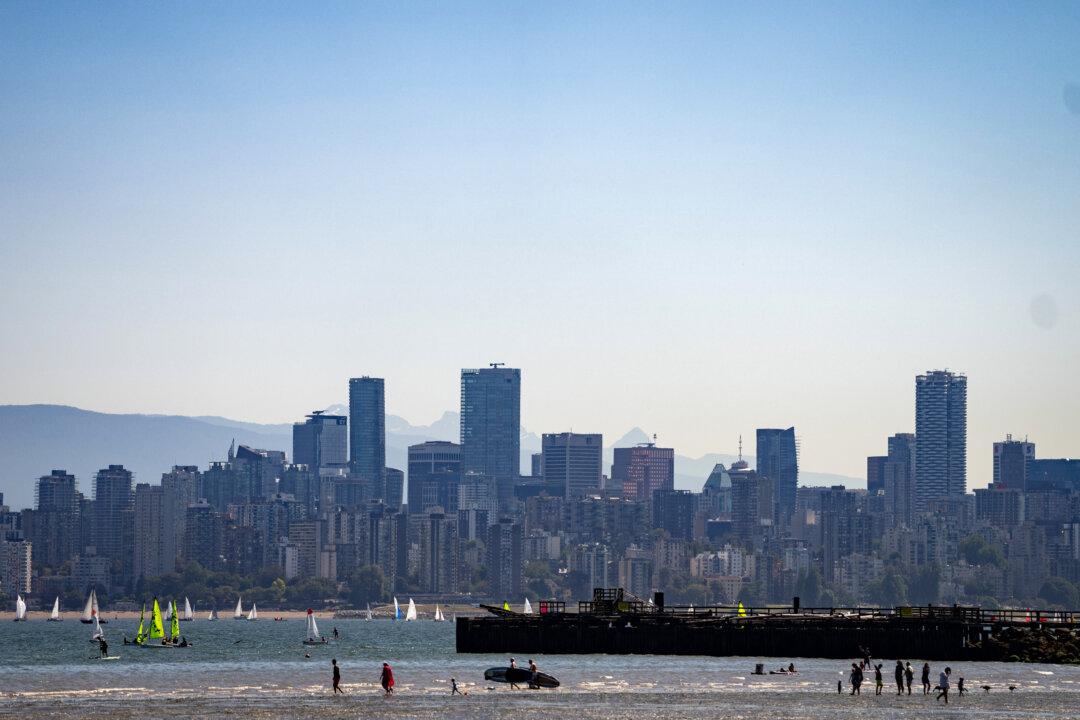Commentary
We all come from somewhere. In fact, we are all either settlers or ancestors of settlers here. This goes from Canada’s earliest inhabitants whose ancestors came across the Bering Land Bridge 20,000 years previously to today’s new Canadians. But the Canadian Ship of State is not on course. Canada must not have such open borders to immigration – especially when it cannot get its own act together.





